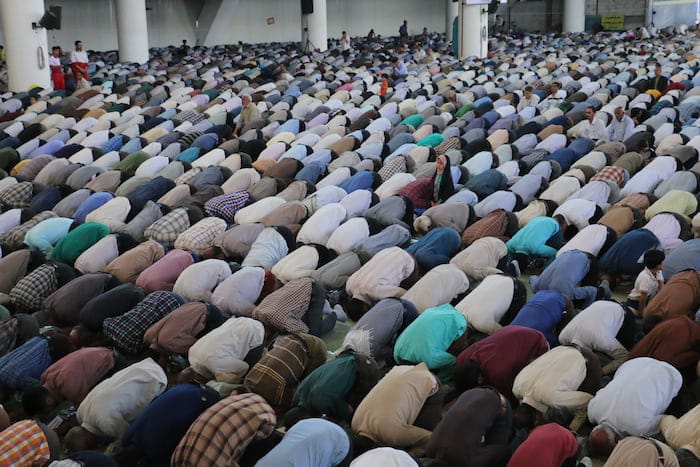Shariah Rulings on Celebrations
In various cultures, traditions persist, passed down through generations. Shariah Rulings on Celebrations like Eid al-Fitr, Shab Barat, and Shab Miraj hold a special place. Understanding their Shariah rulings is crucial. These celebrations are from a Shariah perspective.
Celebrating Eid: Embracing Joy within Shariah Bounds
Expressing Joy
Eid al-Fitr and Eid al-Adha bring immense joy to Muslims. Shariah allows expressing happiness, as long as it aligns with Islamic boundaries. Eating and drinking are vital aspects of this expression. The Prophet emphasized, “The days of Tashriq are the days of food, drink, and remembrance of God.”
Ayam Tashreeq
Ayam Tashreeq, the three days post-Eid al-Adha, involve sacrificing animals, consuming their meat, and acknowledging Allah’s blessings. This practice is firmly rooted in Islamic tradition, enhancing Eid celebrations.
Observing Eid-ul-Fitr
Eid-ul-Fitr celebrations are permissible within Shariah limits. It is vital to mark this occasion while respecting Islamic guidelines.
Unveiling the Truth: Celebrations on the Night of Ascension, Shab Barat, and Ashura
Prohibiting Practices
Unlike Eid celebrations, special events on the Night of Ascension, Shab Barat, and Ashura Day lack Shariah basis. These practices are not only unproven but also forbidden. Muslims should decline invitations to such events. The Prophet cautioned, “Protect yourselves from new things (in religion), as every innovation is misguidance.”
The Unproven Night of Ascension
The claim that Rajab corresponds to the Night of Ascension lacks historical evidence. Even if Rajab were accepted as such, festive celebrations are impermissible. The Prophet and his Companions did not partake in such celebrations, underscoring the importance of following their example.
Shab-e-Barat: Questionable Practice
Shab-e-Barat, often tied to night prayers and special rituals, lacks strong financial evidence supporting these customs. While some followers engage in night prayers, remembrance, and reflection, specific observances are not endorsed by financial evidence.
Significance of Ashura Muharram
Regarding Ashura Muharram, fasting is permissible, but it must include an additional day before or after it. This practice aligns with opposing Jewish fasting solely on Ashura day, as instructed by the Prophet.
While celebrating Eid and expressing happiness is encouraged, adherence to Shariah guidelines is paramount. Practices associated with the Night of Ascension, Shab Barat, and Ashura Day lack robust support in Islamic tradition and should be approached with caution. Upholding the Sunnah and teachings of the Prophet Muhammad and his Companions is essential in determining the permissibility of such celebrations and practices.
More Fact: Interactions with Non-Believers


One comment